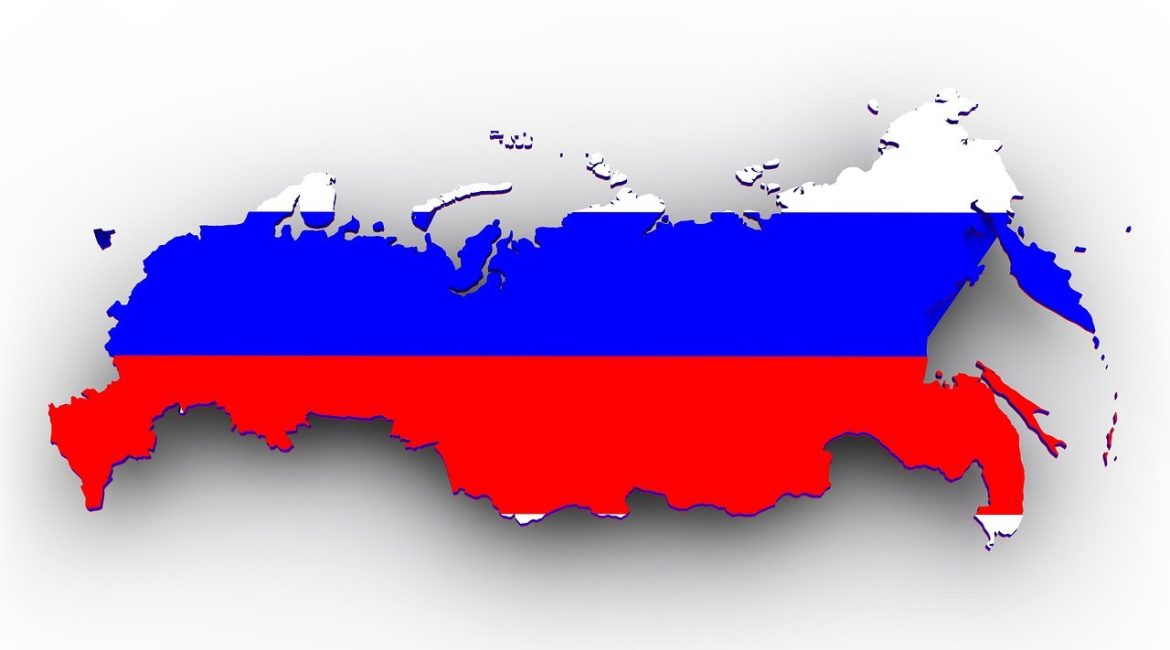Since Vladimir Putin gave orders to attack Ukraine in late February 2022, the critical situation of the Russian army has been exposed. The terrible nature of this situation became evident with the rebellion of the mercenaries of the "Wagner" group, which includes a large number of former detainees who joined this group under the leadership of Yevgeny Prigozhin, and had the main role in the occupation of the city of Bakhmut in Ukraine and other military campaigns in which they were a support for the regular Russian army forces.
The clash between the “Wagner” group and the Russian minister of defense, general Sergei Shoigu, resulted in a serious crisis in the relations between mercenaries and the Putin government, when the group headed from Ukraine to the Russian city of Rostov and took control of the Army Staff Command there, then threatening to march on Moscow. And when it was 200 kilometers away from the Russian capital, and all indications point to a major confrontation with the Russian army, the group surprised everyone by accepting to stop its advance towards the capital and to retreat. Putin has vowed not to prosecute those who decide to move to Belarus or join Russia's armed forces, under contracts he said his government would honor.
Russia has so far made little progress in its occupation of Ukraine. The reason for this is very simple: the Russians do not want to fight. What does Russia have in this foreign country that Putin wants to occupy? It is true that Ukraine was in the past part of Russia, but if we resort to this criterion, the whole world will demand a return to the old borders, and wars will break out everywhere. The history of nations is full of permanent adjustment of borders due to the prevailing balance of power. What it is strange is the silence that hangs over the Russian society, which produces only a few voices objecting to Putin's decision to invade and occupy Ukraine. And the soldiers, for their part, refuse to fight, which puts the Russians in front of an unexpected reality, namely that the Ukrainians, who are supposed to be their enemies, are resisting the invasion with a courage that surprised the international community.
The mercenary rebellion is the clearest evidence of the crisis in which the Putin regime is floundering, and the great difficulties facing the invasion of Ukraine. Although this rebellion seems to have subsided on the surface, it is not unlikely that it will re-emerge among military sectors that are not satisfied with the status quo, as evidenced by the arrest of general Sergey Surovikin on charges of collusion with the rebels, which confirms that there are dissidents at the highest levels in the Russian military establishment.
In any case, the biggest loser in this crisis is the Russian president, who until now had an iron grip on power and believed that the invasion of Ukraine would be a cakewalk for his forces. And if Putin was able to deal with the crisis temporarily, it is obvious that what happened will have repercussions on his authority, which was shaken. The aura of the invincible leader was removed from him, as evidenced by the purge campaign that he started among the military leaders. It is not impossible for the armed forces to force him to step down and retreat into the shadows like others, because it was the military leaders who emerged victorious from this crisis. Indeed, the minister of defense, who appeared among the ranks of the army after an absence of several days, is the actual winner in this crisis, which confirmed his complete control over the armed forces.
The one who came out of this crisis weak and weak-minded is the Russian president, whose vast authority was attacked by a handful of mercenaries who were in his service. Today, he is in a labyrinth from which there is no way out, which may be the beginning of the end of his era, or to weaken it at best. Although it is difficult to know the extent of opposition among civilians in Russia, there are indications that the majority of citizens are not enthusiastic about the idea of occupying Ukraine.
The whole point here is that freedom is missing in Russia, and people are having great difficulties expressing their opinions. And the mercenaries, with their uncharacteristic behavior, returned to civilians the spirit of initiative and criticism after they publicly challenged the minister of defense in charge of leading the war in Ukraine. It is the first time that Putin has been threatened with a civil war since he came to power, and at the hands of a group of outlaws who were the mainstay of his war in Ukraine.
Will the master of the Kremlin pay attention to these warnings? Or, will he insist on his positions? But what was before the revolt of the mercenaries that took up arms against the
union is not the same as after it. And the millionaire Yevgeny Prigozhin, who made his fortune in Putin's epoch, may be no more than a passing figure in the scene. But the seed was planted from where no one would have thought: a conspiracy of heroes, a group of criminals who sold their arrogance with crumbs of freedom that they are now trying to exploit. Hopefully, Russia would learn the lesson from this crisis, and go to the negotiating table, with or without Putin, and restore to the Ukrainians their right to live in peace on their land.

